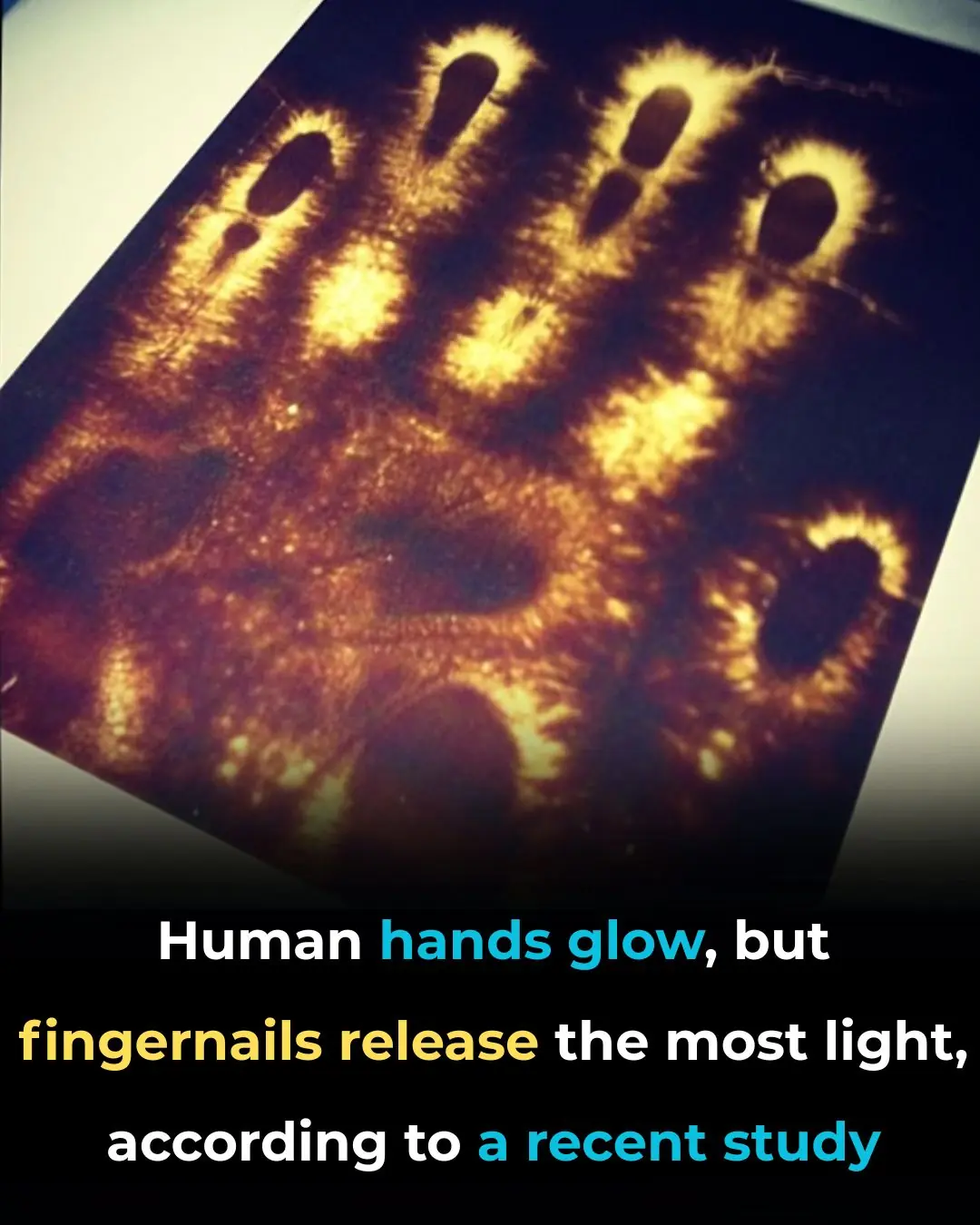
First Male Birth Control Pill Revealed—Here’s What It Does to the Body
The first male birth control pill that is hormone-free has been shown to be safe in a trial
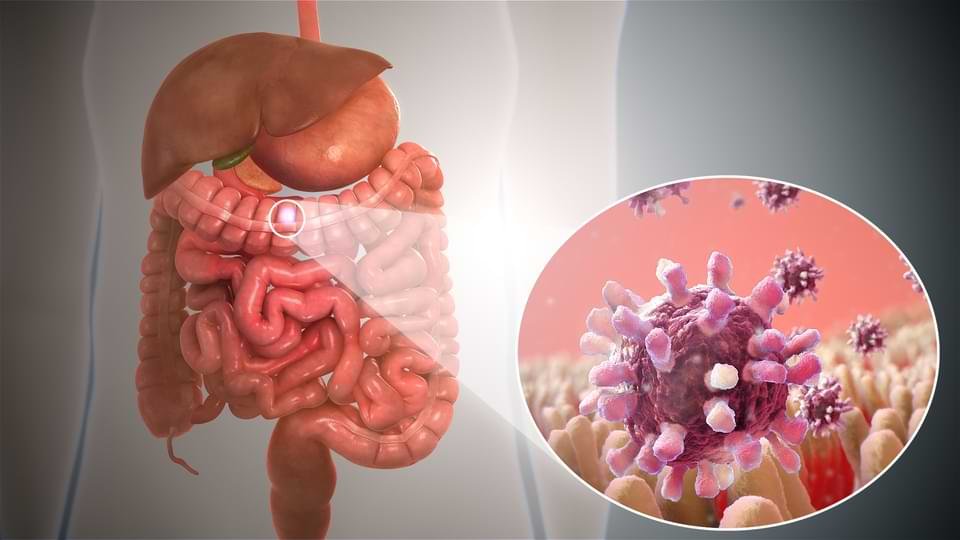
Excluding skin cancers, colorectal cancer is the third most common cancer diagnosed in both men and women in the United States. If you're experiencing any of the symptoms described in this article, it's highly advisable to consult your doctor. While it could very well be nothing serious, getting it checked out offers peace of mind.
Before delving into the signs and symptoms, it's crucial to understand the factors that can increase your risk of developing this disease.
Several factors can increase your likelihood of developing bowel cancer:
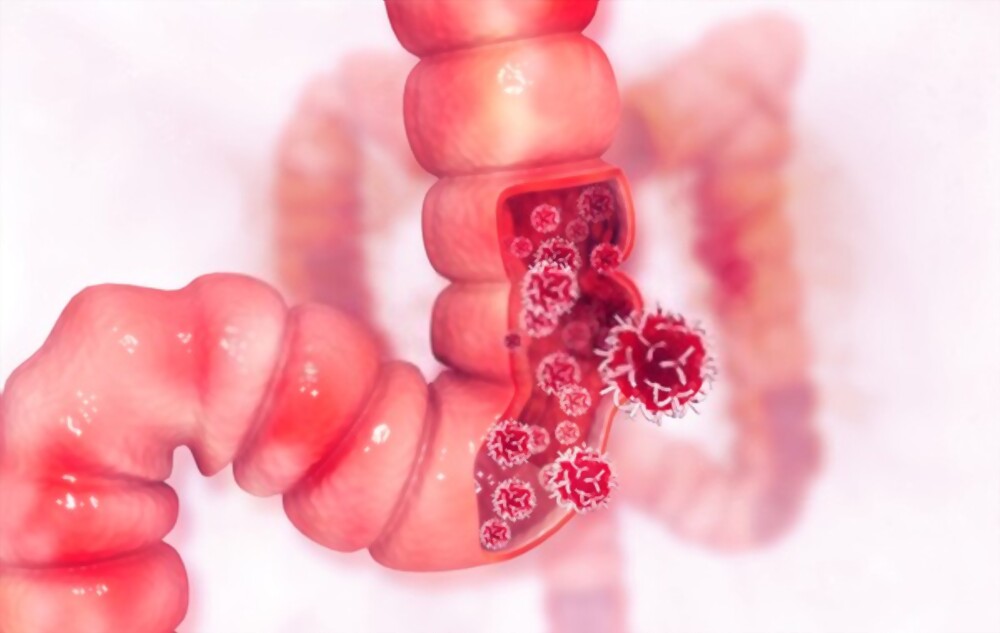
While some of the symptoms below (like constipation or diarrhea) are commonly experienced by many people, they become concerning when they are persistent or accompanied by more specific signs of bowel cancer, such as bloody stools or rectal bleeding.
If you suspect something is wrong, please consult your doctor. Early detection is a crucial factor for the best possible outcome in treating bowel cancer.

The first male birth control pill that is hormone-free has been shown to be safe in a trial

The purple butterfly is a way to gently open the door to awareness, giving space for acknowledgment without requiring painful conversations.
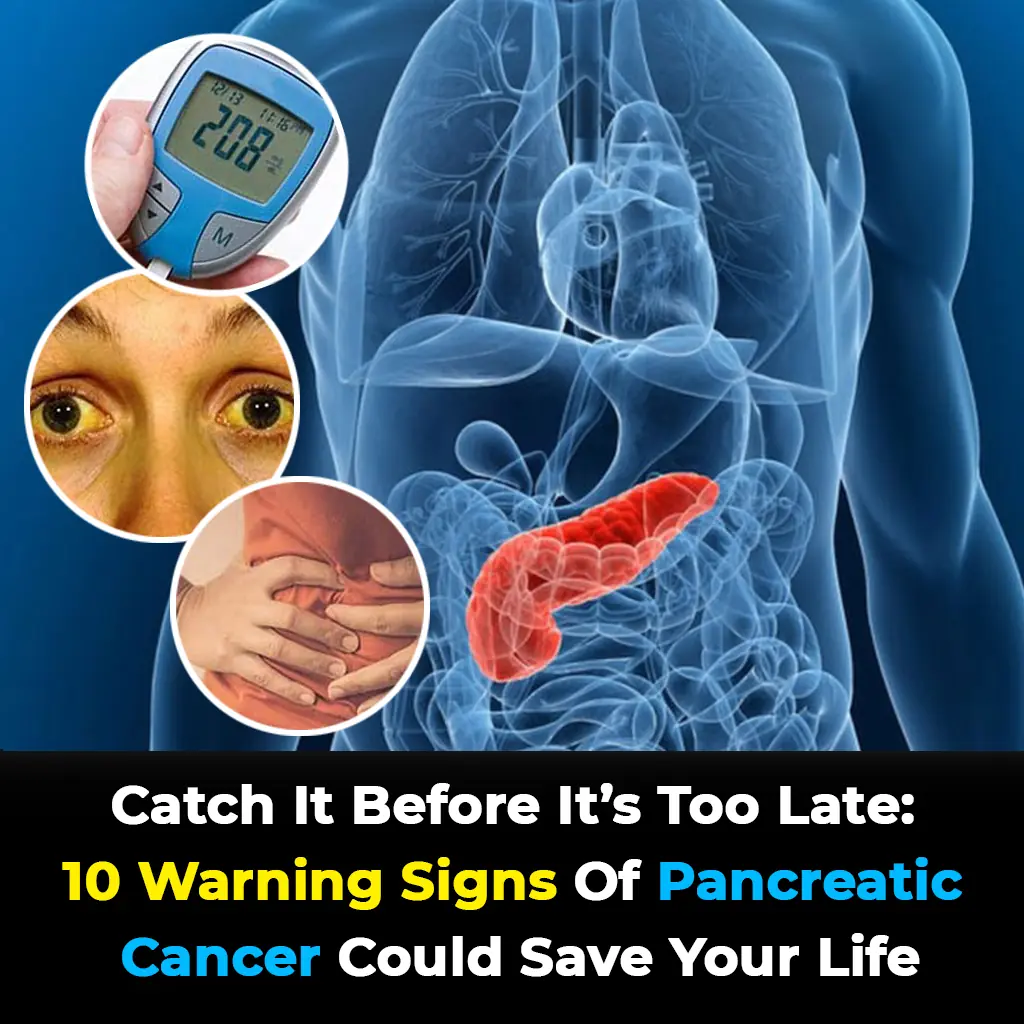
Pancreatic cancer remains one of the most challenging cancers to detect and treat. Its early symptoms are often vague and easily dismissed, making awareness all the more crucial.

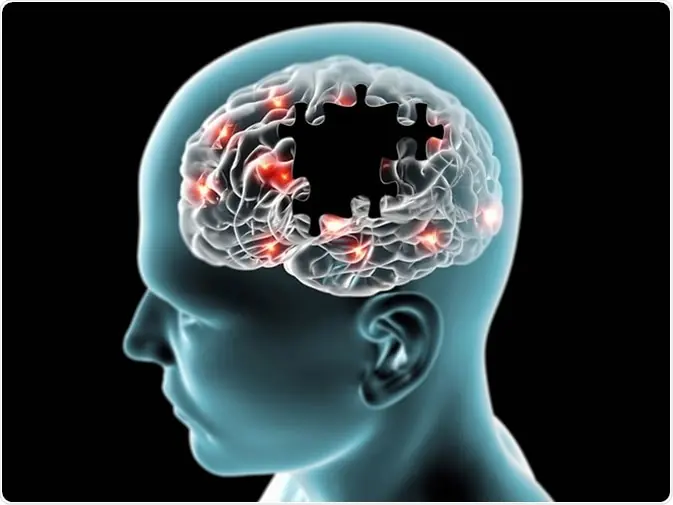


. Their ability to benefit nearly every major system in the body - from the heart and liver to the brain and bones - makes them a powerful ally in maintaining health and vitality.


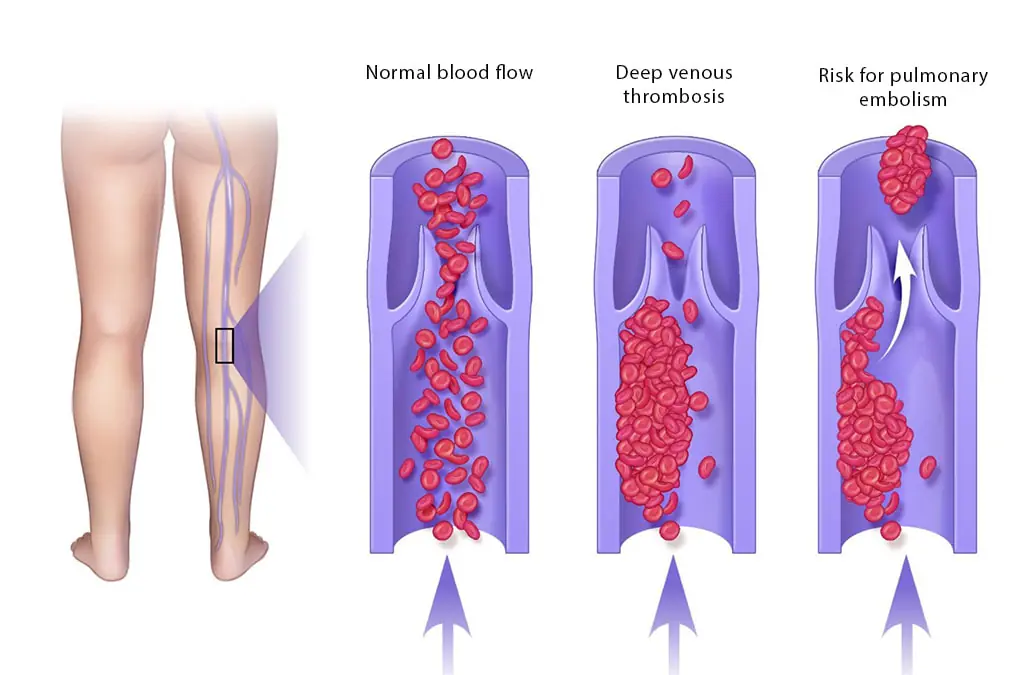

This shift to injectable immunotherapy is more than a procedural update - it symbolizes a larger vision for the future of cancer treatment.

While some alterations may be harmless, others could be early warnings of serious health conditions.
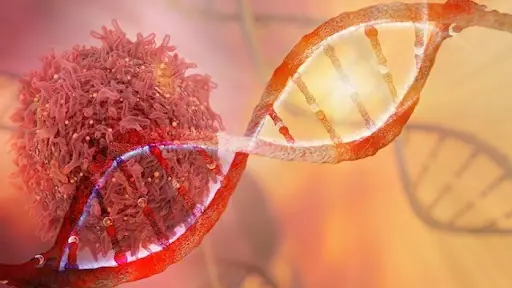
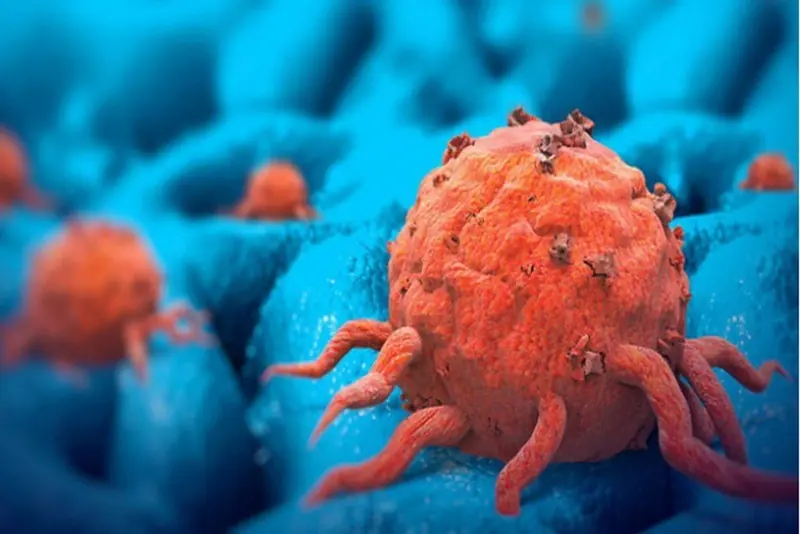

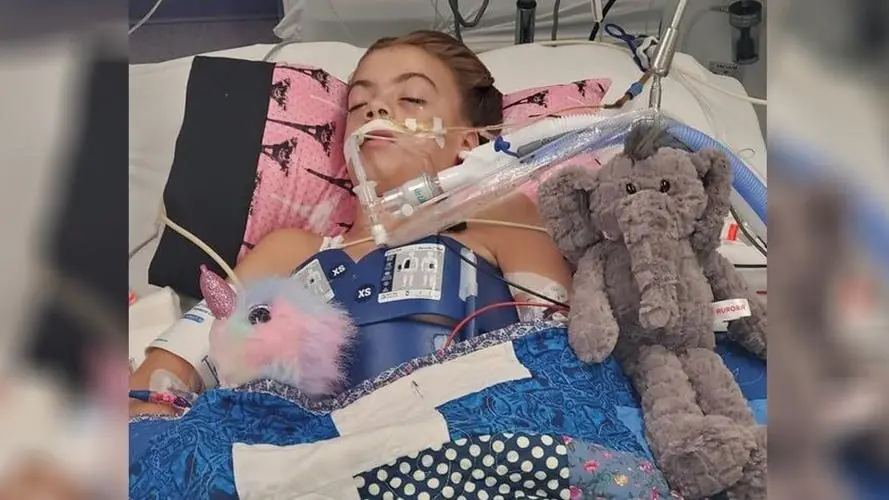



These simulations, tragic stories, and medical data remind us that moderation matters.

With promising results in preclinical trials and a growing understanding of the tumor microenvironment, type III collagen may become a key player in the fight against cancer - not by eradicating it, but by keeping it permanently asleep.

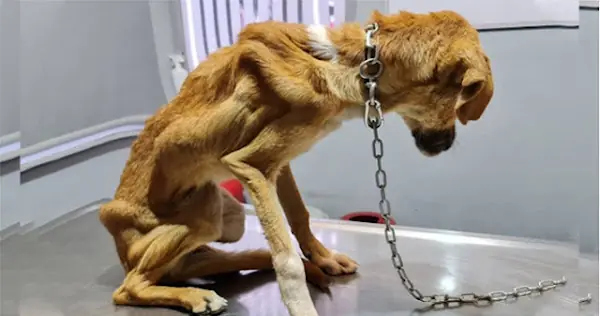


For centuries, bullfighting has symbolized courage, ritual, and identity.


The first male birth control pill that is hormone-free has been shown to be safe in a trial

In the sticky residue of everyday vegetables, scientists may have unlocked one of the simplest and most profound tools yet in our fight to reclaim clean water for all.

The purple butterfly is a way to gently open the door to awareness, giving space for acknowledgment without requiring painful conversations.

Rather than dismissing the experience, embrace it as a message — a call to awaken not just from sleep, but to a more mindful and connected way of living.

Pancreatic cancer remains one of the most challenging cancers to detect and treat. Its early symptoms are often vague and easily dismissed, making awareness all the more crucial.

Your sleep style is just one more beautiful, subconscious expression of who you are - no judgment, no pressure, just self-discovery one night at a time.

In an era defined by environmental decline and biodiversity loss, the Thompsons’ tree stands as a small but powerful victory.

